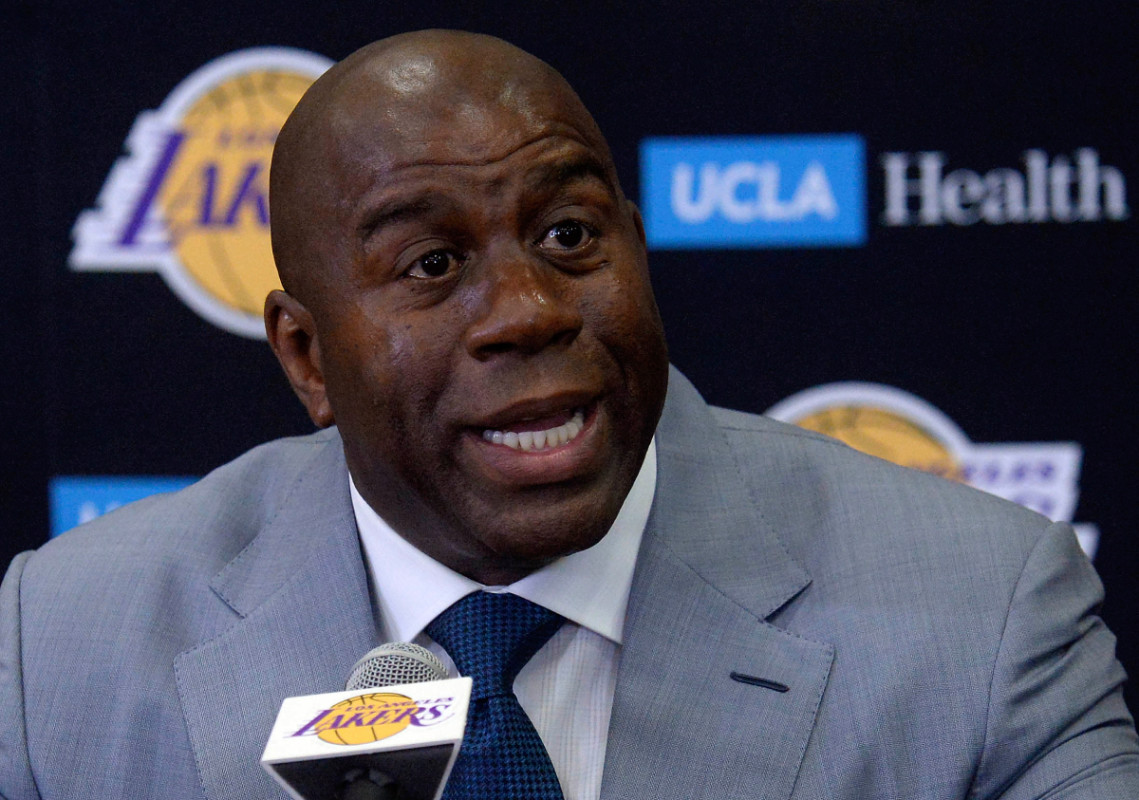NBA Legend Magic Johnson Drops Bombshell Playoff Prediction: Lakers-Wolves Series Hangs in the Balance

In a nail-biting Game 4 that left fans and players alike buzzing with controversy, the Minnesota Timberwolves secured a razor-thin 116-113 victory that was overshadowed by heated debates about officiating. The game's dramatic finale unfolded in the final moments, with LeBron James making a seemingly clean defensive play against Anthony Edwards that sparked immediate dispute.
With just 10 seconds remaining and Minnesota clinging to a one-point lead, James appeared to cleanly block the ball as Edwards drove toward the basket. However, the officials saw it differently, calling a foul and awarding Edwards two critical free throws. James vehemently argued that he had made contact with the ball, not the player's arm, but to no avail.
The controversial call proved decisive, as Edwards converted both free throws and extended Minnesota's lead to three points. The moment encapsulated the intense drama of playoff basketball, where every call can potentially swing the momentum of a series and leave fans and players passionately debating the fine line between clean defense and a foul.
